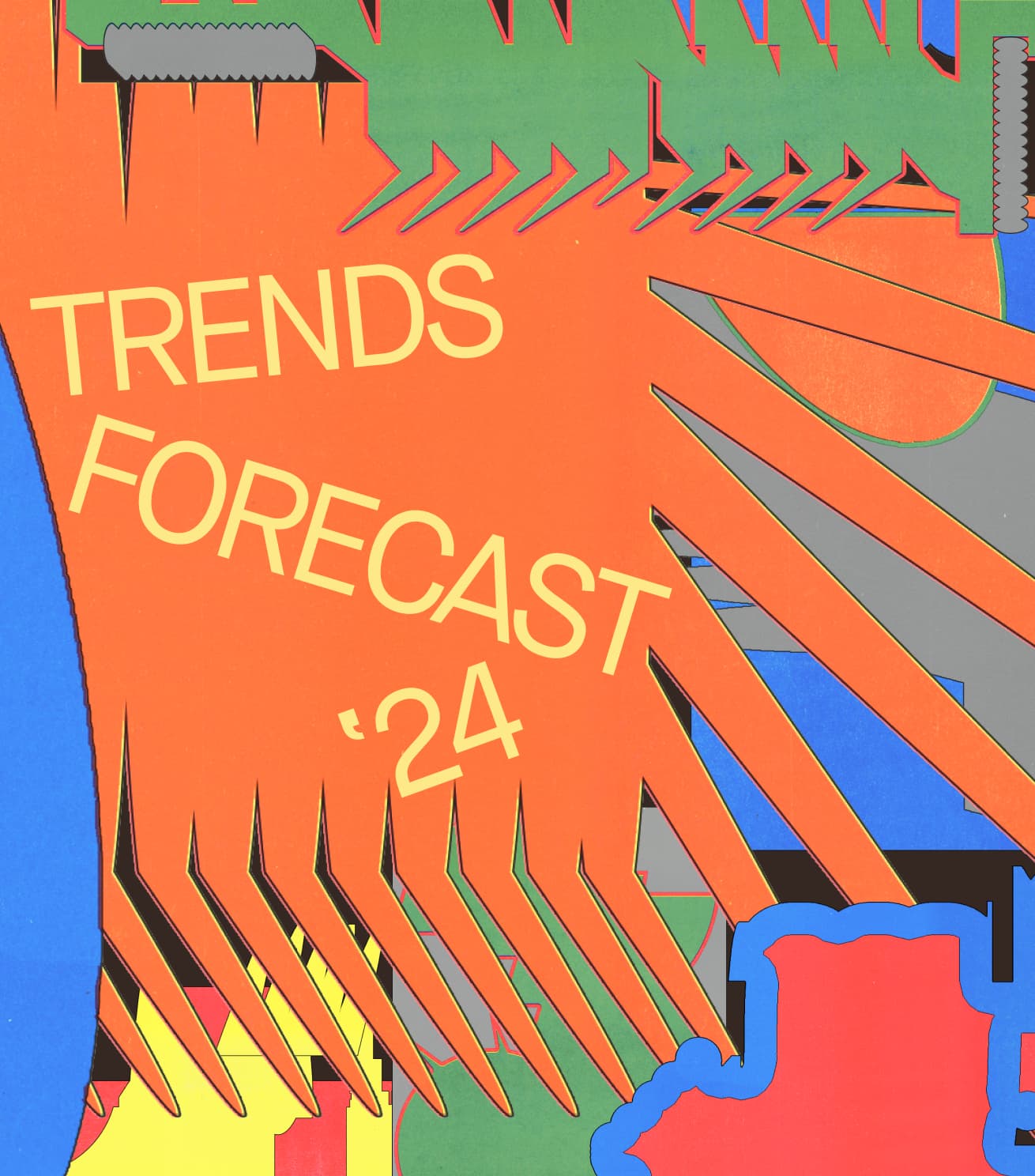In 2022, the WHO found that just a small fraction of people in need had access to effective, affordable mental health care and called for urgent action to transform the space.
Even for those in high-income countries, for example, only 33% of people with depression receive formal mental healthcare. But the good news is there’s a new wave of technology that could bridge the gap: AI integrations.
Virtual therapy platforms powered by AI can provide mental health support that reduces barriers like stigma, geographic distance, and cost, boosting accessibility for people around the world.
These platforms meet a range of needs and can be categorised according to how specific or intensive a patient’s needs are.
At one end of the spectrum, for example, is Thymia, a therapy intervention app that was created in London during the pandemic to help combat increased rates of depression amid a backdrop of limited therapists. Using AI, Thymia analyses patients’ micro-expressions and speech through gamified assessments to quickly and accurately monitor their mental health conditions.
Where Thymia serves a specific, diagnostic purpose, companion apps like Woebot act more like therapists by using natural language processing to converse with patients and provide advice. Woebot even provides helpful behavioual exercises to keep patients engaged and real-life therapists have found it useful for providing 24/7 support for patients.
Finally, at the far end of the spectrum is Replika. Unlike other platforms, Replika provides emotional as opposed to therapeutic support. As a virtual companion, Replika learns people’s texting styles and interests and uses those to empathise with people through the power of personalisation.
Taken together, these platforms can cater to different sets of needs by providing various therapeutic techniques and creating more personalised treatment plans. Some can even help save lives by detecting warning signs and enabling early mental health interventions.



